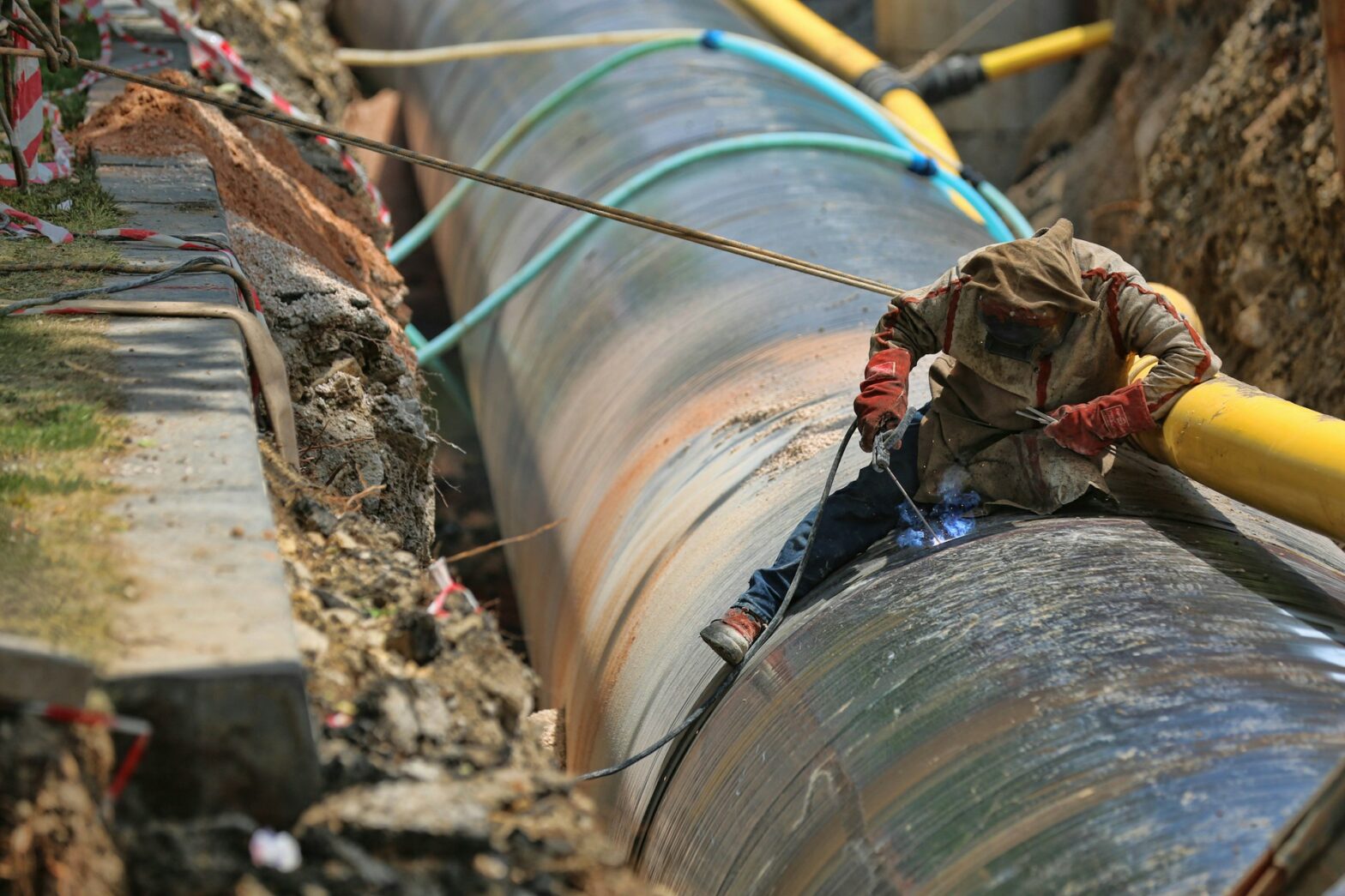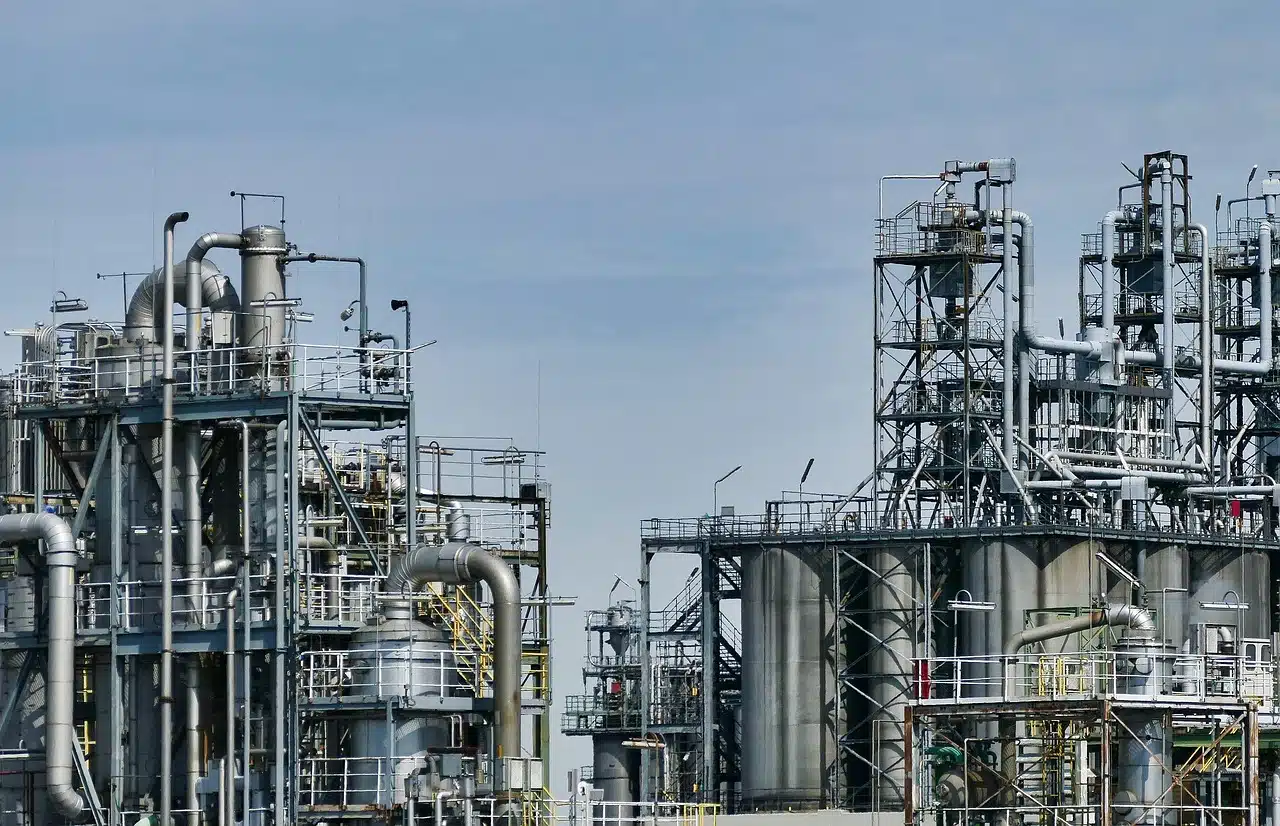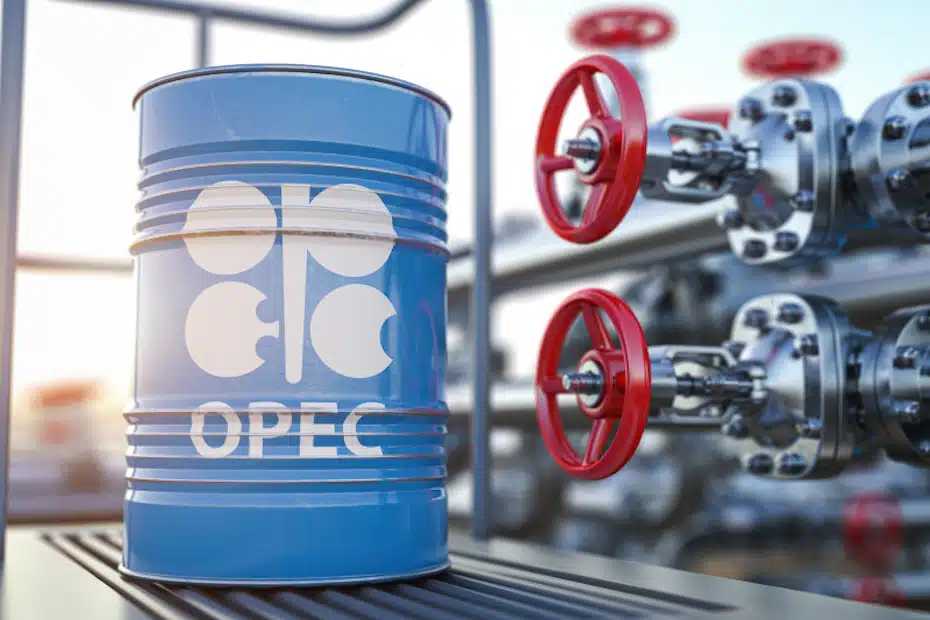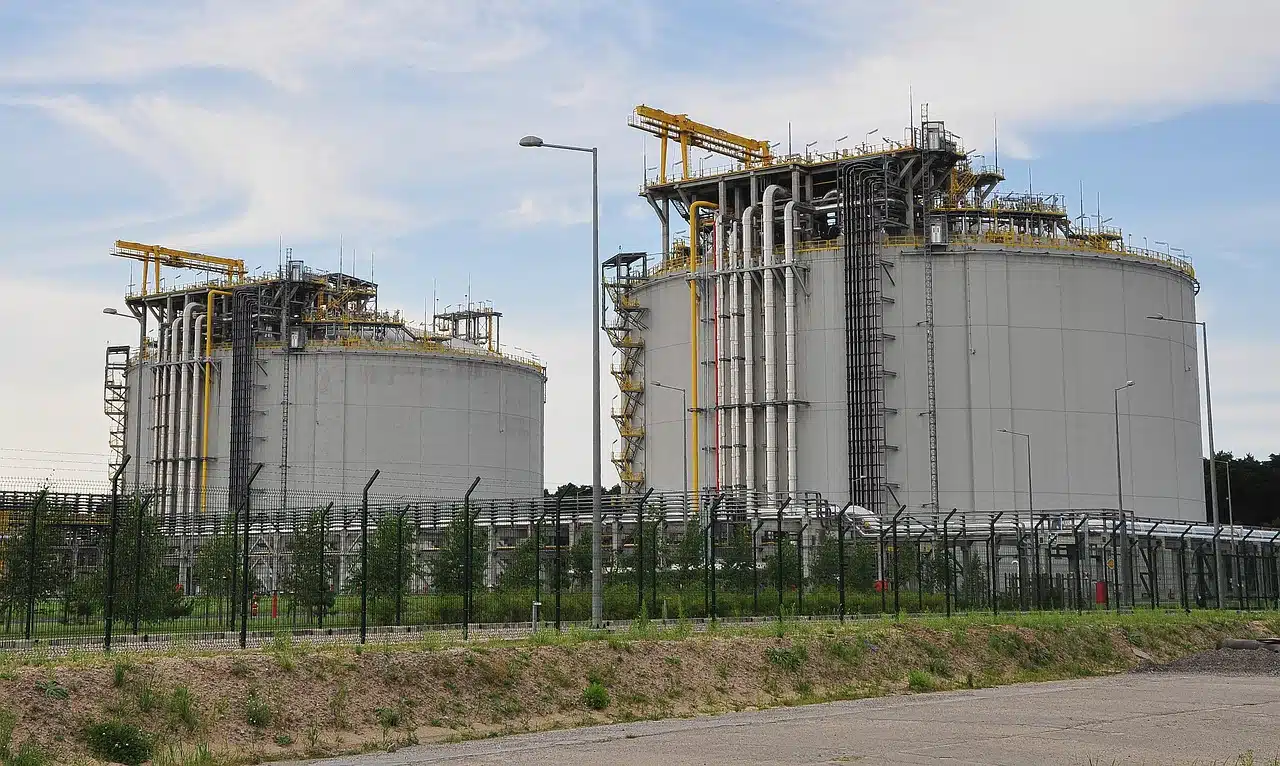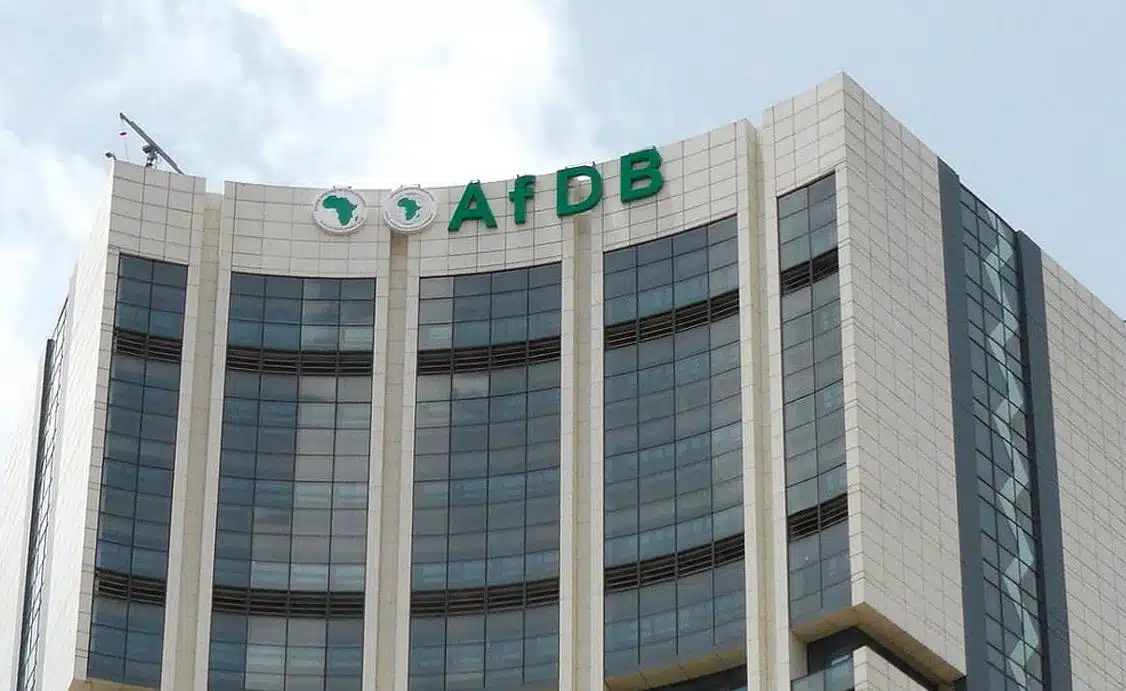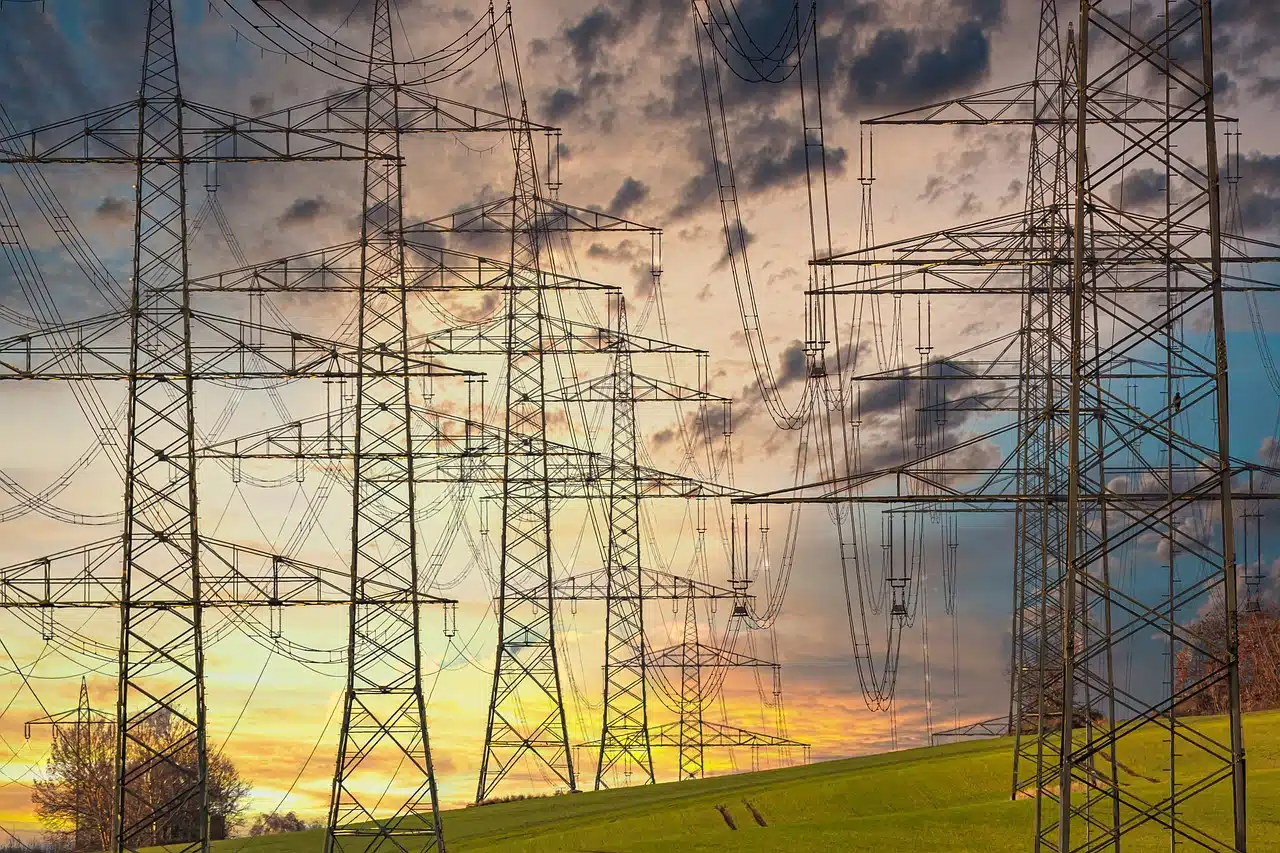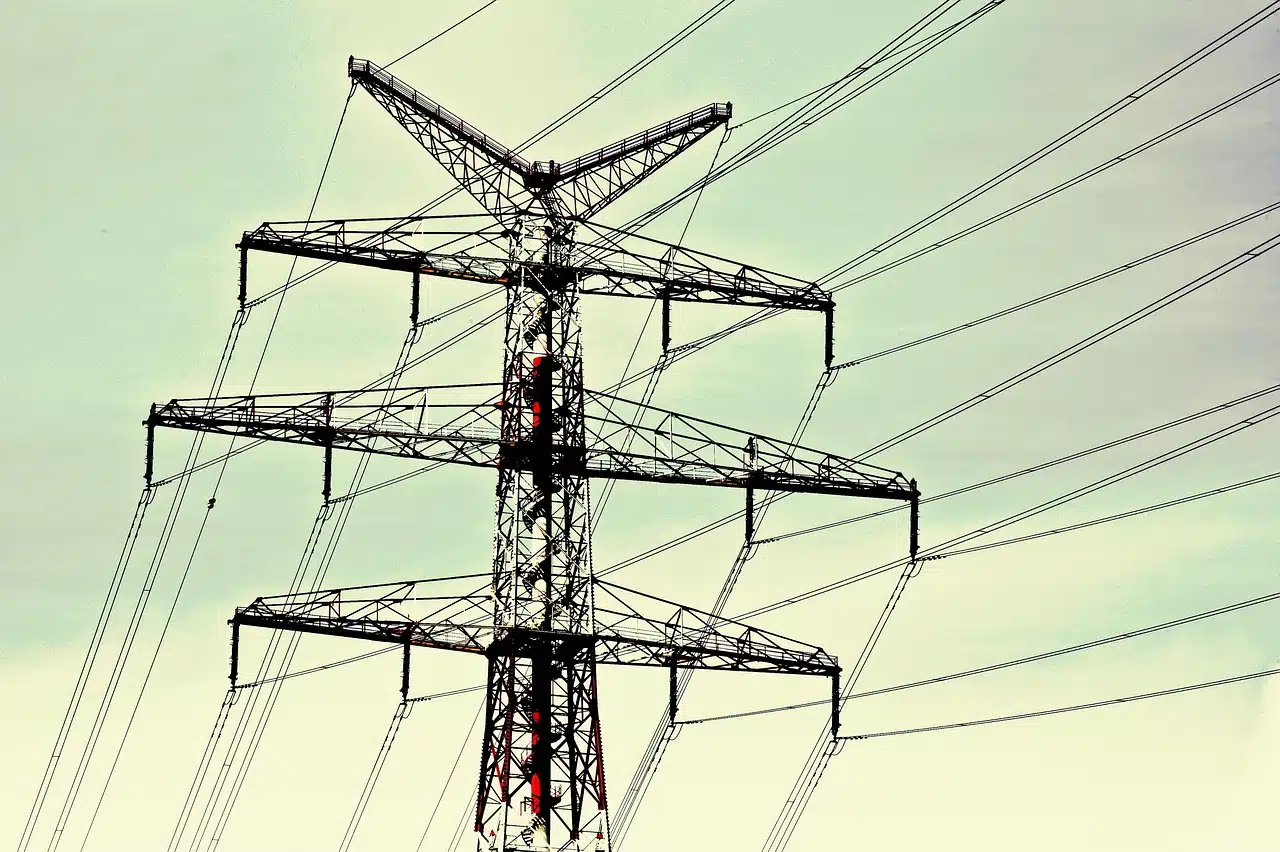The Central Bank of Nigeria (CBN) has disclosed that Nigeria’s oil revenue for the third quarter of 2024 dropped significantly to N1.3 trillion, attributed to aging pipelines and outdated infrastructure.
In its economic report for the third quarter, the apex bank stated that oil revenue declined by 27.72% compared to the previous quarter.
The report further reveals that the revenue fell short of the targeted output by over 50%. According to the CBN’s document, the country had projected N5.3 trillion in oil revenue for the same period.
This decline in revenue from the sector is attributed to lower receipts from petroleum profit tax (PPT) and royalties, both of which fell below projected targets.
Notably, the report confirms that Nigeria has not recorded any revenue from domestic crude oil and gas sales for the past nine months. This is due to numerous agreements the Nigerian National Petroleum Corporation (NNPC) Limited has entered into, including forward sales and crude-for-cash swaps to fund its operations.
Oil production output
Meanwhile, the report indicates that oil production marginally increased by 4.72% in the third quarter of 2024.
Production rose to 1.33 million barrels per day (mbpd) in the third quarter, compared to 1.27 million mbpd in the previous quarter. The apex bank attributed this growth to improved security measures against oil theft in the Niger Delta region and increased investment in the oil and gas sector.
However, while output maintained an upward trajectory, it remained below the quota set by OPEC, which is 1.5 mbpd, according to the report.
Nigeria’s inability to meet its OPEC quota also means the country continues to lack sufficient output to supply its domestic refineries, particularly the Dangote Refinery, which has resorted to importing to meet its demand.
Outdated pipeline and vandalism
The challenges facing Nigeria’s oil and gas sector stem from various factors, including oil theft, oil spills, and pipeline vandalism, which often result in environmental damage.
In recent years, Nigeria has experienced numerous incidents of oil theft and pipeline vandalism. In September 2022, the country lost 470,000 barrels of crude oil per day (bpd) due to such activities, amounting to a monthly loss of $700 million.
Nigeria projected an oil production of 2.26 million barrels per day (mbpd) in its 2025 appropriation bill; however, analysts believe this target will likely be missed due to persistent pipeline vandalism and inadequate infrastructure in the sector.
The government, for its part, has intensified efforts to combat oil theft in the region. While this has contributed to a modest increase in oil production, no significant breakthrough has been achieved.
Effect of revenue shortfall
Moreover, the impact of the revenue shortfall from the oil sector, the primary source of foreign exchange for the government, is multifaceted.
For example, low revenue from the oil sector forces the government to depend on non-oil revenue sources such as taxes, customs duties, and import tariffs, significantly affecting the real economy.
Low revenue also necessitates reliance on CBN overdrafts, commonly referred to as Ways and Means, as well as other domestic and external loans, all contributing to inflationary pressure.
When government foreign earnings are low, liquidity in the foreign exchange market declines. Reduced liquidity increases pressure on the naira, which has been highly volatile since the start of the year.
The naira has lost over 70% of its value since January. The federal government devalued the local currency to lower subsidy expenses and attract foreign portfolio investment into the country.
Consequently, the revenue shortfall indicates that the naira is likely to weaken further unless oil production increases significantly in the near future.



